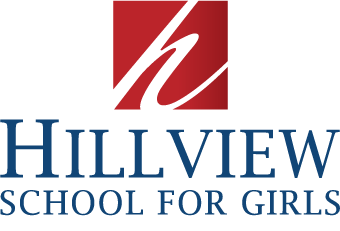EYFS
Below is the link to the Statutory Framework for Early Years Providers that sets the standards for learning, development and care for children from birth to five.
Statutory Framework for Early Years Providers
Below is the link to the Birth to Five Matters document which is the non-statutory curriculum guidance for the early years foundation stage.
Four principles of EYFS
-
A unique child: every child is a unique child, who is constantly learning and can be resilient, capable, confident and self assured.
-
Positive relationships: Children learn to be strong and independent through positive relationships.
-
Enabling environments: Children learn well in enabling environments, in which their experiences respond to their individual needs and there is a strong partnership between practitioners and parents/carers.
-
Learning and development: Children learn and develop in different ways and at different rates. The framework covers the education and care of all children in early years settings, including children with special educational needs and disabilities.
Learning and development covers the 7 key areas of learning within the EYFS, which are:
The Prime Areas:
-
Personal, social and emotional development.
-
Communication and language.
-
Physical development.
The Specific Areas:
-
Literacy
-
Mathematics
-
Understanding the world.
-
Expressive arts and design.
The Statutory Progress check:
For children between the ages of 24 & 36 months, Littleview key staff will carry out the Statutory Progress check https://www.kelsi.org.uk/the-education-people/equality-and-inclusion/progress-check-at-age-two and share this with parents/carers, just prior to their transition from the baby/toddler room to the preschool room. The aims of this check is to
-
Review a child’s development progress in the three prime areas.
-
Ensure that parents have a clear picture of their child’s development.
-
Enable practitioners and parents to understand the child’s needs and plan activities to meet them.
However, please be reassured, if key staff have any concerns regarding a child’s well-being & involvement or their learning and development these will be raised ‘at the time’ and will not wait until the transition.
